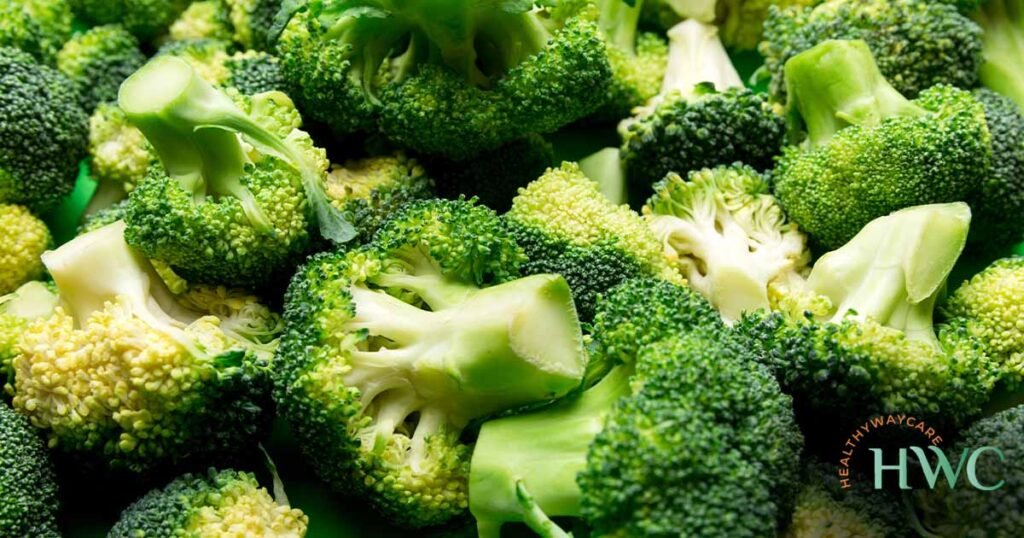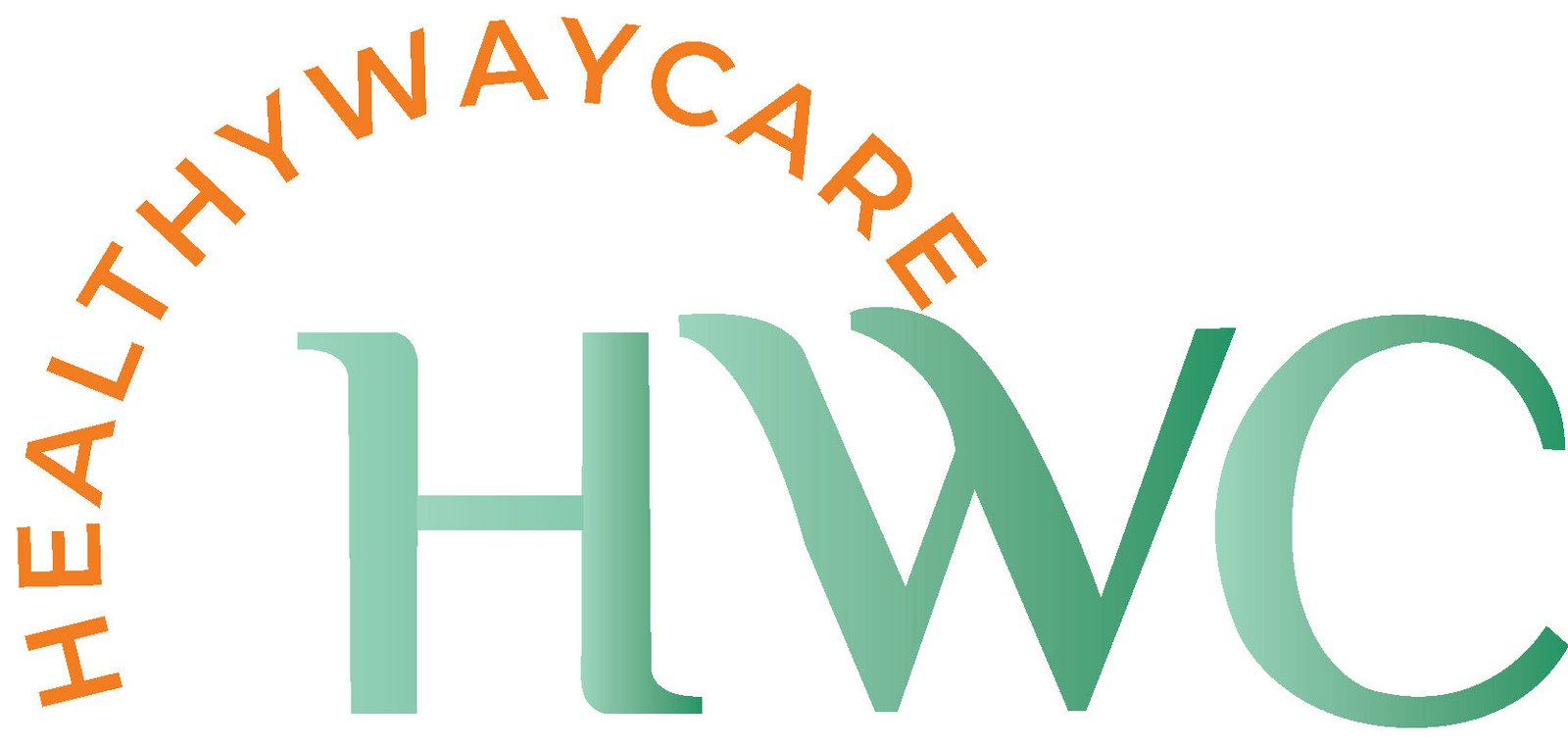Broccoli Benefits :- Broccoli is a nutritional powerhouse that offers a wide range of health benefits, making it a valuable addition to your diet. This cruciferous vegetable is rich in vitamins, minerals, and antioxidants, making it an excellent choice for supporting overall health and well-being.
One of the key benefits of broccoli is its high vitamin C content, which plays a crucial role in immune function and skin health. Broccoli is also a good source of vitamin K, which is essential for bone health and blood clotting. Additionally, broccoli contains folate, which is important for cell function and tissue growth.
Broccoli is also rich in antioxidants, such as sulforaphane and kaempferol, which help protect your cells from damage caused by free radicals. These antioxidants have been linked to a reduced risk of chronic diseases, including heart disease and cancer.
Impressive Health Benefits Of Cabbage
Furthermore, broccoli is low in calories but high in fiber, making it an excellent choice for weight management. Its high fiber content also helps support digestive health by promoting regular bowel movements and feeding beneficial gut bacteria.
Incorporating broccoli into your diet is a simple way to boost your nutrient intake and improve your overall health. Whether steamed, roasted, or added to salads and stir-fries, broccoli is a versatile and delicious vegetable that can benefit your health in numerous ways.

Table of Contents
broccoli benefits nutritional value
Here are the approximate nutrition facts for 1 cup (91 grams) of chopped, raw broccoli:
- Calories: 31
- Protein: 2.5 grams
- Carbohydrates: 6 grams
- Dietary Fiber: 2.4 grams
- Sugars: 1.5 grams
- Fat: 0.4 grams
- Vitamin C: 81 milligrams (135% DV)
- Vitamin A: 567 IU (11% DV)
- Vitamin K: 92 micrograms (116% DV)
- Folate: 57 micrograms (14% DV)
- Potassium: 288 milligrams (8% DV)
- Calcium: 43 milligrams (4% DV)
- Iron: 0.7 milligrams (4% DV)
Broccoli is also a good source of other vitamins and minerals, including vitamin E, vitamin B6, riboflavin, niacin, pantothenic acid, choline, manganese, phosphorus, and selenium. It is low in saturated fat and cholesterol and provides a good amount of dietary fiber.
broccoli benefits : carbs and fiber content
In 1 cup (91 grams) of chopped, raw broccoli, there are approximately 6 grams of carbohydrates and 2.4 grams of dietary fiber. This means that the net carbs (total carbs minus fiber) in broccoli are about 3.6 grams per cup.
broccoli benefits : vitamins and minerals
In 1 cup (91 grams) of chopped, raw broccoli, you’ll find a variety of vitamins and minerals, including:
- Vitamin C: 81 milligrams (135% Daily Value, DV)
- Vitamin A: 567 IU (11% DV)
- Vitamin K: 92 micrograms (116% DV)
- Folate: 57 micrograms (14% DV)
- Potassium: 288 milligrams (8% DV)
- Calcium: 43 milligrams (4% DV)
- Iron: 0.7 milligrams (4% DV)
Broccoli is also a good source of other vitamins and minerals, including vitamin E, vitamin B6, riboflavin, niacin, pantothenic acid, choline, manganese, phosphorus, and selenium.
Health benefits of broccoli
Broccoli is a nutrient-dense vegetable that offers a wide range of health benefits. Some of the key benefits include:
- Rich in Nutrients: Broccoli is packed with vitamins and minerals, including vitamin C, vitamin K, folate, and potassium, which are essential for overall health and well-being.
- Antioxidant Properties: Broccoli contains antioxidants such as sulforaphane, which may help reduce inflammation and oxidative stress in the body, lowering the risk of chronic diseases like heart disease and cancer.
- Supports Digestive Health: Broccoli is high in fiber, which promotes healthy digestion and helps prevent constipation. It also contains sulforaphane, which may help protect the stomach lining from damage caused by bacteria like H. pylori.
- May Reduce Cancer Risk: Some studies suggest that the compounds in broccoli, such as sulforaphane and indole-3-carbinol, may help reduce the risk of certain types of cancer, including breast, prostate, and colon cancer.
- Bone Health: Broccoli is a good source of vitamin K and calcium, which are important for bone health and may help prevent osteoporosis.
- Heart Health: The fiber, antioxidants, and other nutrients in broccoli may help lower cholesterol levels, reduce inflammation, and improve heart health.
- Weight Management: Broccoli is low in calories but high in fiber, making it a great food for weight management. It can help you feel full longer, reducing the likelihood of overeating.
- Supports Eye Health: Broccoli contains lutein and zeaxanthin, two antioxidants that are important for eye health and may help reduce the risk of age-related macular degeneration.
Incorporating broccoli into your diet can be a delicious and nutritious way to improve your overall health and well-being. Whether steamed, roasted, or added to salads and stir-fries, broccoli is a versatile vegetable that can benefit your health in numerous ways.
Conclusion
In conclusion, broccoli is a nutritional powerhouse that offers a wide range of health benefits. Packed with vitamins, minerals, antioxidants, and fiber, this cruciferous vegetable supports overall health and well-being. From reducing the risk of chronic diseases like heart disease and cancer to promoting digestive health and supporting bone health, broccoli is a versatile and delicious addition to any diet. Whether steamed, roasted, or added to salads and stir-fries, broccoli is a versatile vegetable that can easily be incorporated into your meals to boost your nutrient intake and improve your health.


Extraordinary content
Thank You!